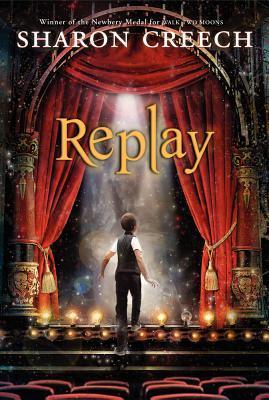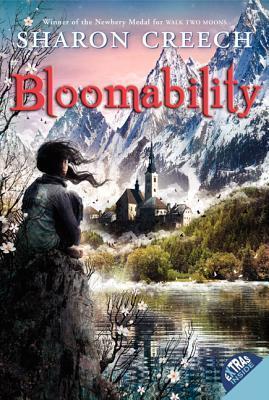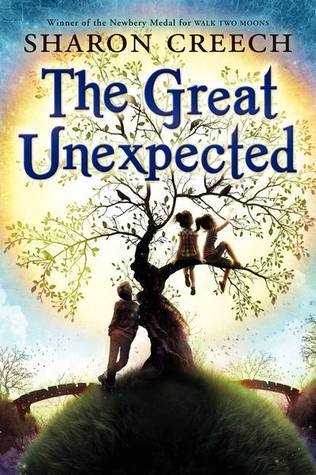
Replay
Book Description
What if you could relive your greatest moments? In 'Replay' by Sharon Creech, a young girl dares to shrug off the limitations of reality and plunges into the vibrant tapestry of her past. Memories twist and turn, revealing layers of emotion, as friendships and family ties are tested in unforeseen ways. Each replay opens up new possibilities, but with every joyous revisit comes the weight of choices made and paths untaken. As laughter battles tears, the stakes fly higher—can the past truly be reimagined, or will it remain an unchangeable echo? What would you risk to reclaim your lost joys?
Quick Book Summary
In "Replay" by Sharon Creech, twelve-year-old Leo navigates the complexities of family, friendship, and self-discovery. Feeling unnoticed at home amidst his bustling family, Leo finds solace in his imagination and participating in a quirky school play. As he prepares for his role, Leo stumbles upon his father's childhood autobiography and unearths family secrets and longings he never imagined. Through the process Leo comes to appreciate the richness of personal histories, recognizing that everyone—adults included—harbors dreams and disappointments. Leo's journey not only helps him reconnect with his family and friends, but also encourages him to embrace his own identity. Creech deftly explores the ways that memories, old wounds, and moments of joy interweave, ultimately suggesting that while we cannot change the past, we can choose how to carry it forward.
Summary of Key Ideas
Table of Contents
Self-Discovery Through Imagination and Drama
Leo grows up in a chaotic household, often feeling overlooked as one of four siblings. His tendency toward daydreaming and creating imaginary worlds sets him apart, especially as he faces the uncertainty of adolescence. Leo’s sense of invisibility intensifies during family interactions, and he yearns for a stronger sense of connection and recognition. This emotional isolation is the catalyst for Leo’s journey toward understanding both himself and those closest to him.
The Complexity of Family Histories
At school, Leo auditions for a play that mirrors his feelings of directionlessness and unrealized potential. The collaborative process of preparing for the performance becomes a turning point. The play provides a space where Leo can reinvent himself, try on different roles, and glimpse new possibilities for his identity. The creative environment nurtures Leo’s self-esteem and grants him a voice he often lacks at home.
Friendship and the Challenges of Growing Up
While rummaging in the attic, Leo uncovers his father's autobiography written as a teen. This accidental discovery peels back layers of family history, revealing that his father once experienced similar uncertainties and unfulfilled dreams. The intimate look into his father’s past bridges a generational gap, helping Leo see his dad—and by extension, all adults—as more complex and vulnerable than he had previously thought. This realization encourages empathy and deeper family understanding.
The Interplay Between Past and Present
As Leo’s relationships with friends and relatives evolve, he encounters conflicts, reconciliations, and shifting alliances characteristic of the middle school years. Facing misunderstandings and disappointments, Leo learns the importance of communication, forgiveness, and acceptance. These interpersonal developments are echoed through the themes explored in the play, reinforcing the lessons Leo absorbs about resilience and compassion.
Acceptance, Forgiveness, and Moving Forward
By the book’s conclusion, Leo comes to recognize that life cannot be replayed like a scene on stage, but personal growth is possible by facing the truth and cherishing both joyful and painful memories. He moves forward with greater insight, not only into his own dreams but also into the everyday struggles and hopes of those around him. Sharon Creech leaves the reader with the message that although the past shapes us all, it is our response and openness to the future that truly defines who we are.
Download This Summary
Get a free PDF of this summary instantly — no email required.





